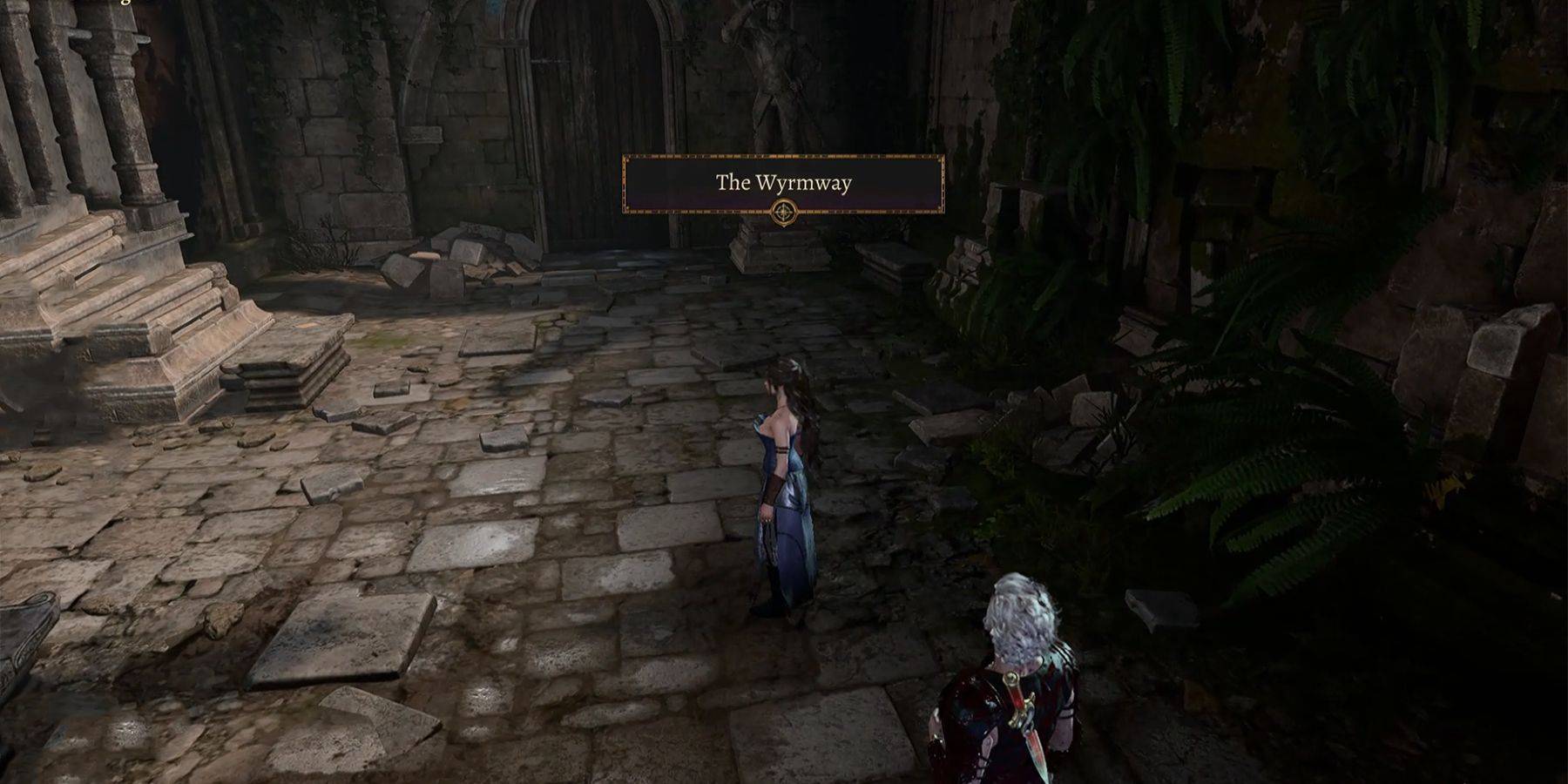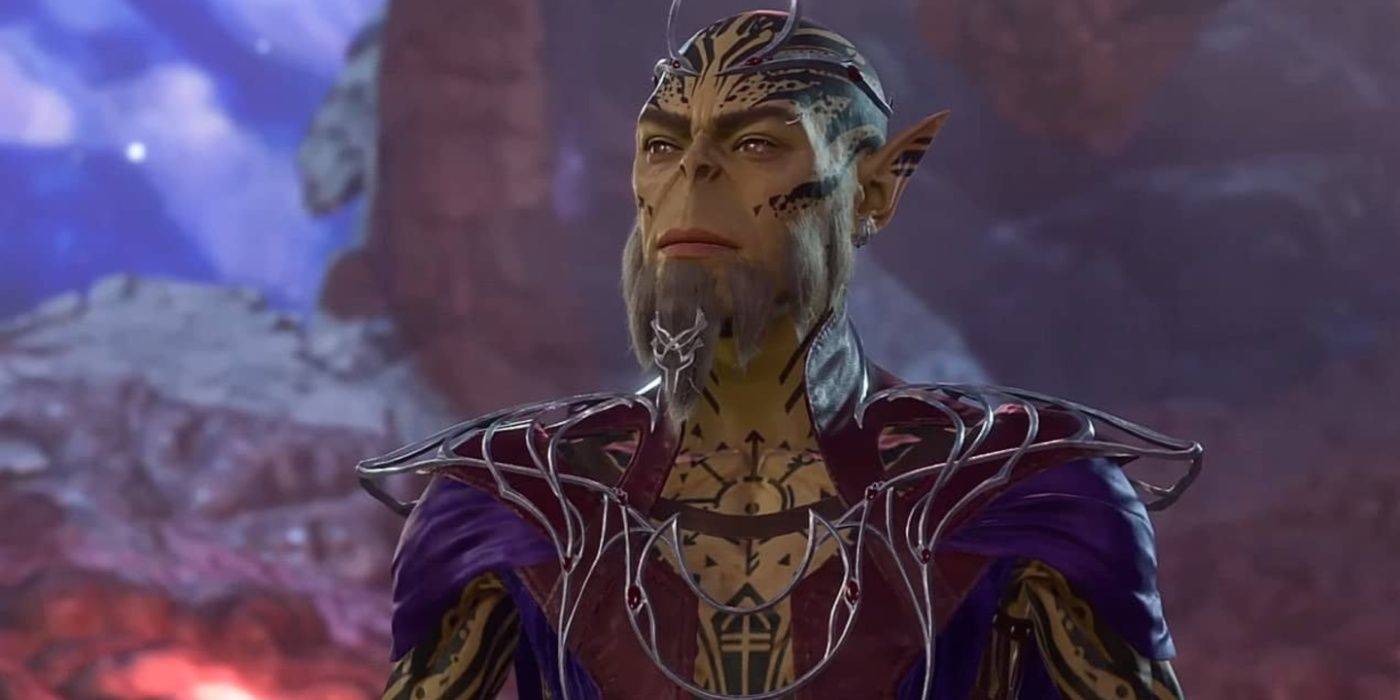In Baldur's Gate 3, one of the most pivotal decisions awaits players near the story's climax: freeing the imprisoned Githyanki Prince Orpheus or allowing the Emperor to handle the situation. This choice, made after acquiring the Orphic Hammer, significantly impacts the party's fate.
 Updated February 29, 2024: Before this crucial decision, players must defeat Ketheric Throm, Lord Enver Gortash, and Orin. This requires thorough exploration of Baldur's Gate's upper and lower districts. The choice carries immense weight; some companions might sacrifice themselves. Successfully navigating these interactions often requires high skill checks (30+).
Updated February 29, 2024: Before this crucial decision, players must defeat Ketheric Throm, Lord Enver Gortash, and Orin. This requires thorough exploration of Baldur's Gate's upper and lower districts. The choice carries immense weight; some companions might sacrifice themselves. Successfully navigating these interactions often requires high skill checks (30+).
Spoiler Warning: The following discusses the game's ending.
Should You Free Orpheus?
 The decision hinges on player preference. The Emperor warns that freeing Orpheus risks party members becoming Illithids (Mind Flayers).
The decision hinges on player preference. The Emperor warns that freeing Orpheus risks party members becoming Illithids (Mind Flayers).
After the Netherbrain encounter, the choice is presented: free Orpheus or let the Emperor absorb his power.
Siding with the Emperor: This leads to Orpheus's demise as the Emperor absorbs his knowledge. Lae'zel and Karlach may disapprove, impacting their personal quests. While this aids in defeating the Netherbrain, it might alienate fans of these characters.
Freeing Orpheus: This causes the Emperor to potentially ally with the Netherbrain. A party member might become a Mind Flayer. However, Orpheus joins the fight against the Netherbrain, and if asked, will willingly become a Mind Flayer to save his people.
In short, choose the Emperor to avoid becoming a Mind Flayer; free Orpheus to risk Illithid transformation for a potentially more satisfying outcome. The Emperor's choice might lead to Lae'zel's betrayal and Karlach's return to Avernus.
Moral Considerations:
The "good" choice depends on individual perspectives, but loyalty is key. Orpheus is the rightful Githyanki ruler, opposing Vlaakith's tyranny. A Githyanki player might naturally side with him. However, obeying Voss and Lae'zel might feel overly demanding. The Gith prioritize themselves, even if their actions affect the wider world.
The Emperor is generally benevolent, aiming to stop the Netherbrain and aid the party. He accepts the possibility of sacrifice. Following his plan might result in Illithid transformation, but with a morally sound justification. Remember, BG3 offers multiple endings, allowing for outcomes that benefit all involved, given the right choices.








